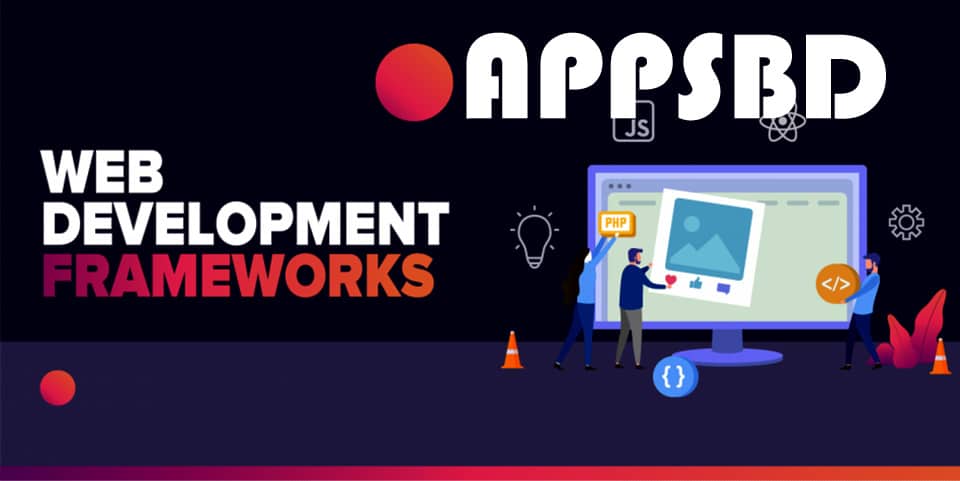
10 Best Web Development Frameworks, Should we know about backend and frontend framework?
Written by Appsbd Blog. Posted in Web Development No Comments
Web Development Frameworks have become an essential part of web development, as standards for web applications are constantly increasing, as is the complexity of the technology required. It’s totally unreasonable to reinvent the wheel for such sophisticated techniques – assuming you can reinvent it all. That’s why using frameworks approved by thousands of developers around the world is a very sensible approach to creating rich and interactive web applications. A web application has a backend (server-side) and a frontend (client-side), so we discuss the best Backend frameworks as well as frontend frameworks. Here is the list of the best web development frameworks in 2021:
Best Backend Frameworks
From RESTful APIs to complete MVC frameworks, here are some of the most robust backend frameworks in 2021 that you might be interested to learn.
1. Express
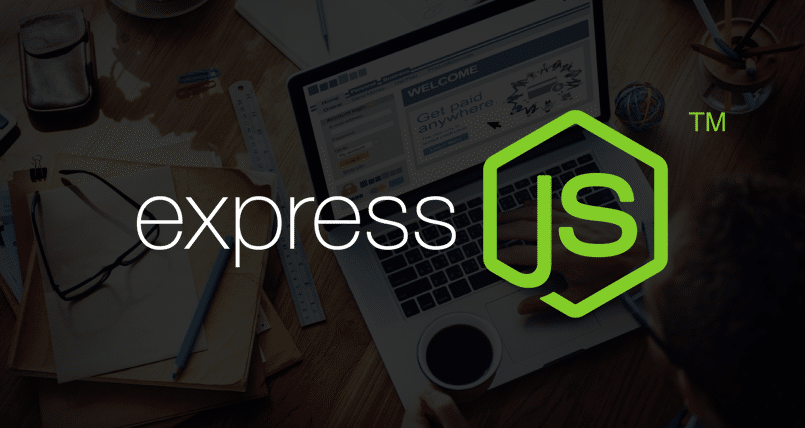
Thanks to the growing popularity of Node.js, Express is rapidly becoming one of the best web development frameworks in vogue today. It is popular among Accenture, IBM and Uber, and many other companies, and it is also compatible with other frameworks such as Kraken, Sails and Loopback.
Express prides itself on being a minimal, fast and opinionless setting. It provides some basic framework features without obscuring Node’s functionality and takes advantage of the Robust performance of the Node.js. Asynchronous. It is also quite flexible and supports full applications as well as the REST API. Perhaps the biggest drawback of Express is that there is no definite way to do things, at least for beginners.
Express GitHub Link: https://github.com/expressjs/express
2. Django
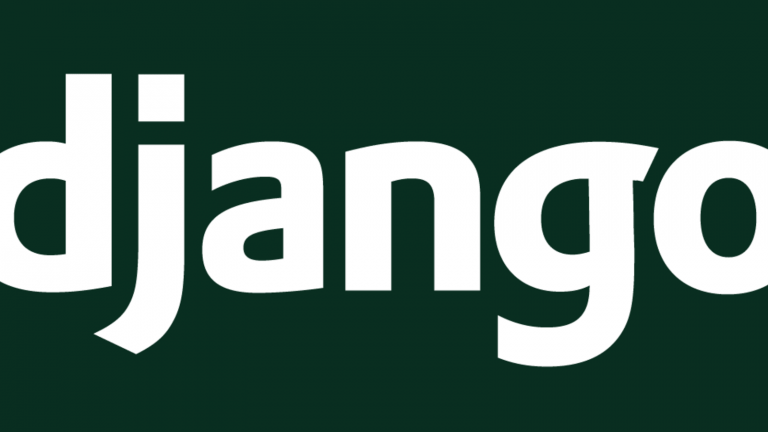
Django is a Model-View-Template framework that uses Python for web development. Big names such as Google, Youtube and Instagram use this framework. Django has its battery functionality, which is a set of features such as authentication and messaging that Django has. It also follows the Convention Over Configuration model and the DRY model. Security in Django is essential. Django provides techniques and tools to developers to create a secure website or implements security features in the framework itself, such as preventing code from running in the model layer. Here’s our detailed article on Django: What is Django? Pros and cons of using Django
Django Github Link: https://github.com/django/django
3. Rails
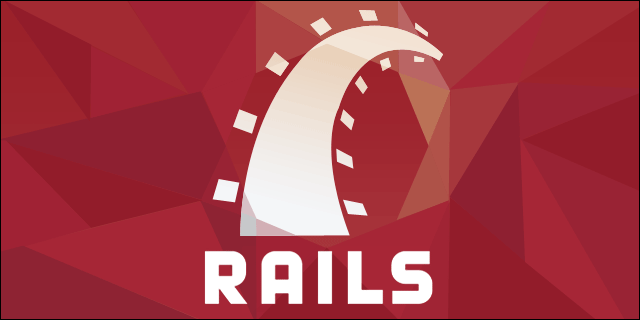
Rails is a Model-View-Controller framework that uses Ruby, and it’s a popular framework enjoyed by many developers. Airbnb, GitHub, Hulu and Shopify are the main users of Rails. Rails is considered a user-friendly setting for beginners, and the fact that pros and cons are debated helps beginners get into web development fairly quickly. There are many useful gems for rails, which are library-type dependencies that extend the functionality of your app and help you develop even faster and more efficiently. The Rails community is fairly reliable and user-friendly, and there are many tutorials, screenshots and resources that can help you become a rail expert in no time.
The main drawback of the rails is that they require some effort to deploy and run in a production environment, and the learning curve of the rails becomes steep once you dive deeper into the frame to unravel the magic behind it.
Rails Github Link: https://github.com/rails/rails
4. Laravel

Laravel is a Model-View-Controller framework that uses PHP, which is one of the most popular languages of the web. It’s relatively young compared to other frameworks on this list.
Laravel comes with API support out of the box, and it also possesses a decent amount of packages that could extend its reach. Laracasts is a screencasts tutorials website with over a thousand videos on PHP, Laravel, and frontend technologies in the Laravel ecosystem that could be considered to be a beginner’s heaven. In terms of performance, however, Laravel doesn’t compare to Django or Express, which might be a drawback for massive projects.
Laravel Github Link: https://github.com/laravel/laravel
5. Spring
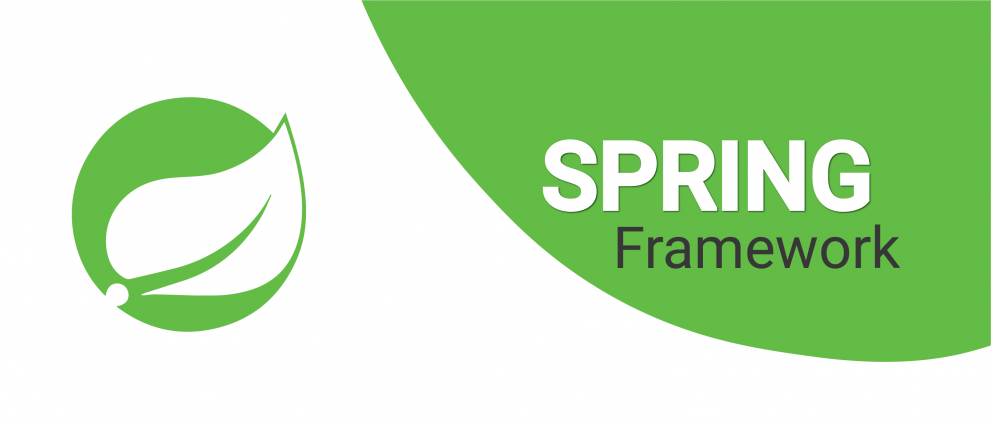
Spring is a Model-View-Controller framework that uses Java, the popular language of all time. Websites such as Wix, TicketMaster and BillGuard are users of this web development frameworks. Spring has many sister projects that improve its performance and allow you to grow your business quickly. The fact that it uses Java, a highly typed language, is a serious advantage for many web developers. The learning curve can be quite steep, especially if you don’t know Java.
Spring Github Link: https://github.com/spring-projects/spring-framework
Frontend Javascript Frameworks
6. Angular
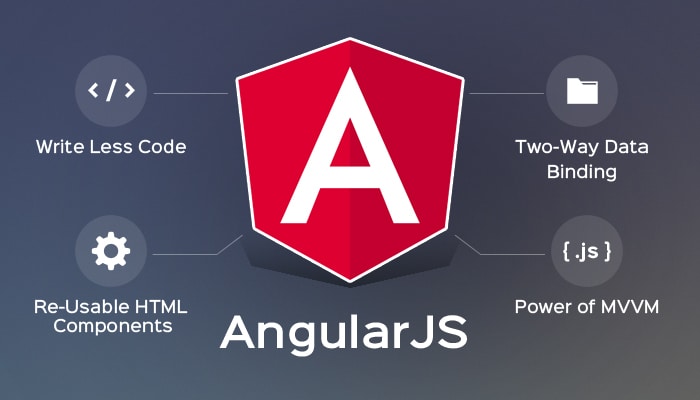
Angular is a front-end infrastructure that specializes in creating one-page applications. It’s a dynamic framework that can create complete applications on the customer side, and there’s so much to do and learn in Angular. Angular 1.x used Javascript, but later versions adopted Typescript, which is an overset of Javascript. The main drawbacks of Angular are its size compared to other web development frameworks and the fact that it is not by nature user-friendly for SEO, although it can be optimized for SEO. Google has developed angular, and Google, Microsoft and PayPal use it.
Here’s our detailed article on Angular: Why should you learn Angular?
Angular Github Link: https://github.com/angular
7. React
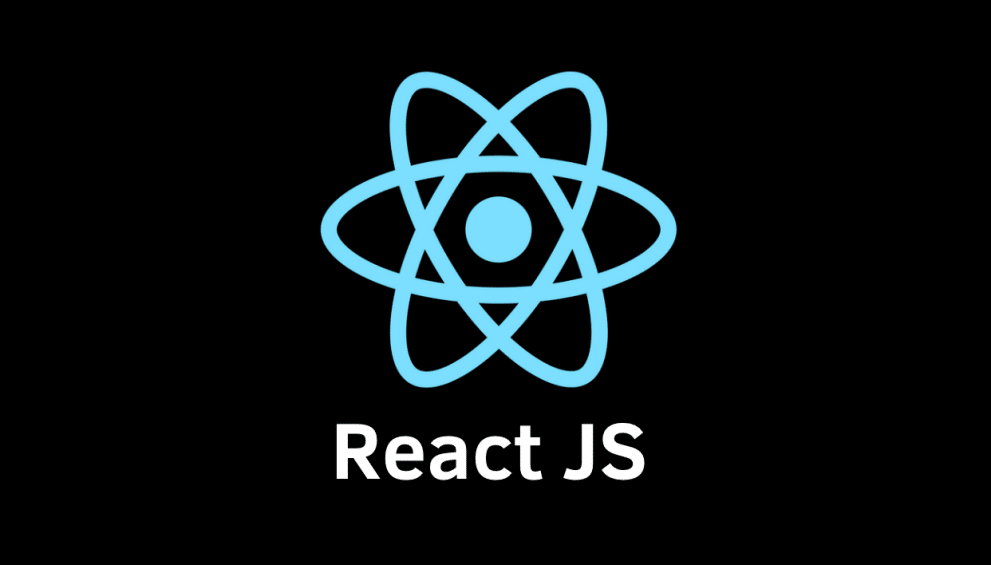
React is not a framework, it is a front-end library, but many developers consider it a framework and it is generally compared in this context. React was the first to adopt component-based architecture that Angular and Vue, and many other frameworks began to adopt later. React’s virtual dom makes dom manipulation much faster, and it’s pretty easy to understand, mainly thanks to its JSX syntax. React can be used on the server side or on the client side. It was developed and maintained by Facebook, and Facebook and Instagram use it.
React Github Link: https://github.com/facebook/react
8. Vue
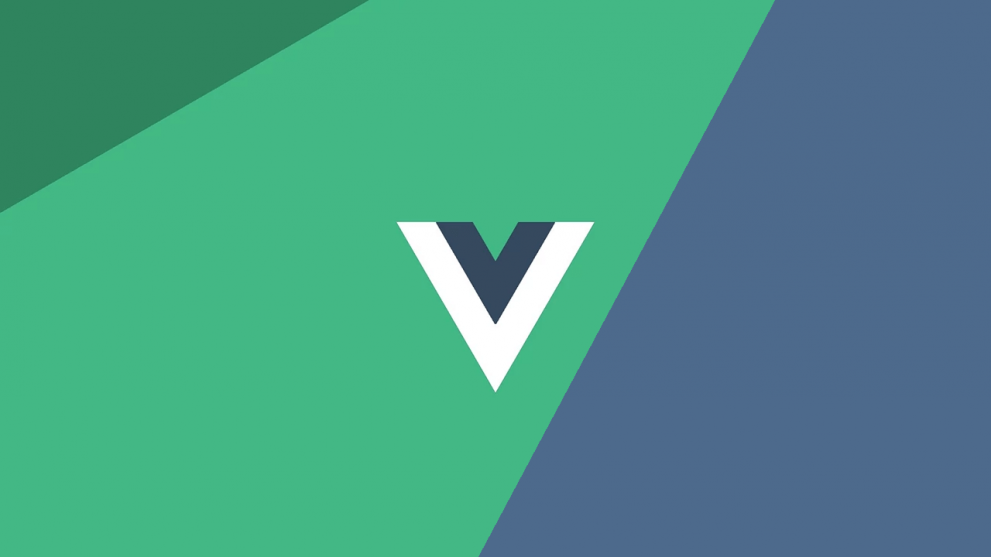
Vue.js is the new rising star; it started as an individual project and quickly became one of the most fashionable JS frameworks. There are a lot of interesting things about Vue. First of all, it’s a progressive framework, which means that if you have an existing project, you can adopt View for part of the project, and everything would work fine. Second, it also brings the architecture of the components to play, and the View ecosystem can help you create complete frontal applications. Some people are hesitant to use Vue because big companies like Facebook or Google don’t support it, but that changes quickly as big names start investing in Vue.
Vue.js Github Link: https://github.com/vuejs/vue
9. Ember
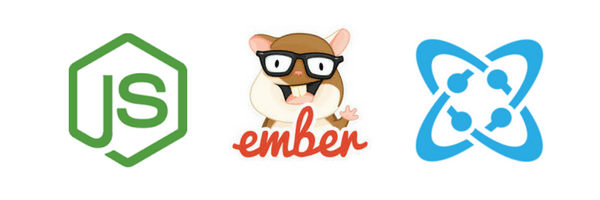
Ember was named best Javascript framework in 2015. Today, the Ember community is huge, and it’s constantly expanding, with new features and versions added regularly. Ember has the two-way data link that Angular boasts, and it comes with many features and components that you can use ready-to-use. Google, Microsoft, Heroku and Netflix often use this framework. Ember revolves around developer productivity and tries to maximize it by eliminating the need for time-wasting activities or adopting some of JS’s best practices in its core design.
Ember.js Github Link: https://github.com/emberjs
10. Backbone
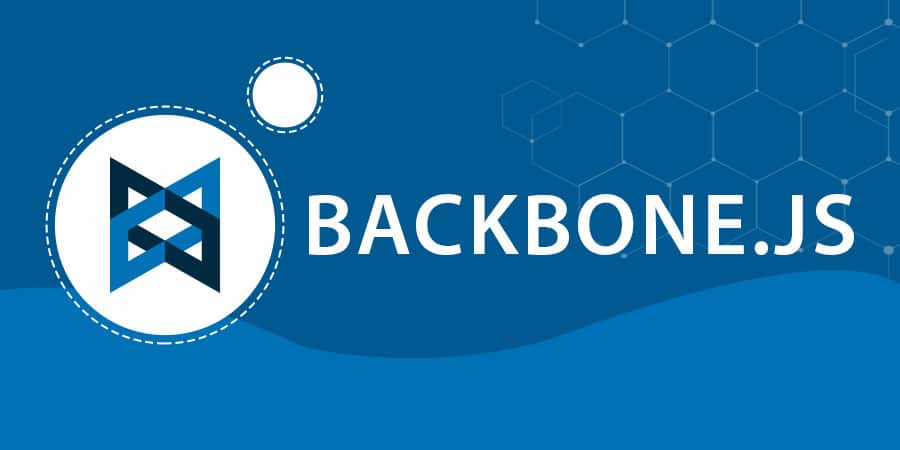
Backbone is an extremely lightweight front infrastructure that is suitable for creating one-page rich applications. It follows an MV model and partially implements the MVC design. Backbone has only one major outbuilding, which is the Underscore library, and it has a dynamic ecosystem that, when added to Moustache and Marionette, allows you to create complete client-side applications.
Backbone.js Github Link: https://github.com/jashkenas/backbone
Final Word
I hope you find our list of the most popular useful web development frameworks. Don’t be afraid to choose a framework and start working on it, it gives you an insight into how to do things, and you’ll find many similarities between frameworks, even in different languages of the same category. Keep in mind that big companies are constantly migrating and trying new things all the time, so there’s no stalemate. Now it is time to pick an Web Development Frameworks and prove youself as a web developer. Build your career in one web development frameworks and live a happy life with happy coding.
